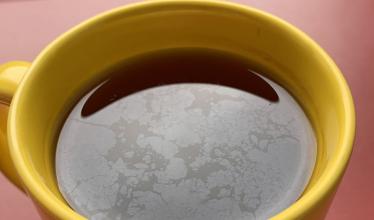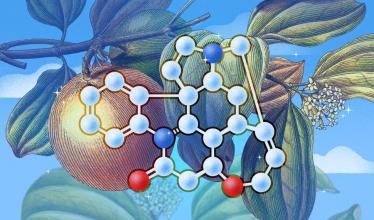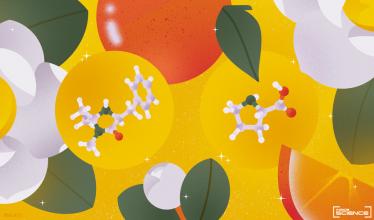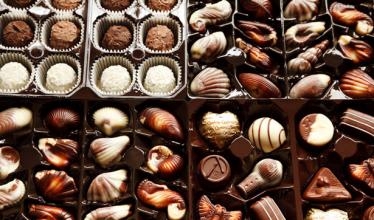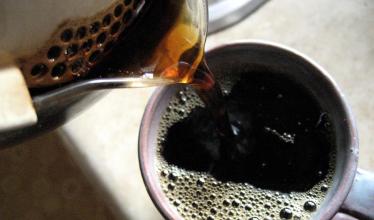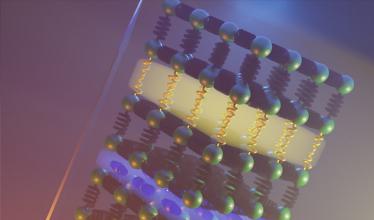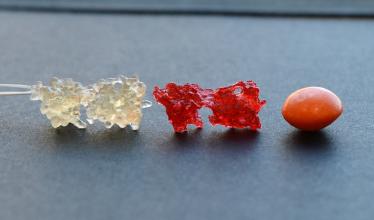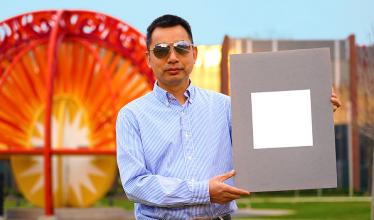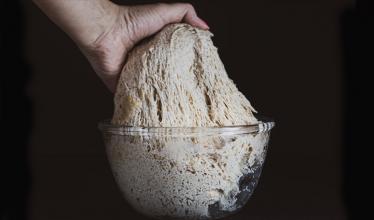Chemistry
Black tea films crack more easily than green tea films, while red tea forms no film.
Strychnine is so difficult to make in a lab that chemists, including Nobel winners, have long competed to synthesize it more efficiently.
Researchers established a new kind of environmentally friendly and cost-effective catalyst.
These significant advancements could win the Nobel Prizes in physiology or medicine, physics and chemistry.
Researchers discover a simpler (and greener) tempering method to give chocolate its texture, gloss and snap.
Researchers pinpoint small compounds responsible for coffee's astringency, chalkiness and mouthfeel.
Researchers design and synthesize a material with very low thermal conductivity, which could be used to convert waste heat to electricity.
Unexpectedly warm water may explain how North Pacific loggerhead sea turtles get from Japan to Baja California.
New models may help people who are blind learn molecular structures.
The ultra-reflective paint could help keep buildings cool without air conditioning.
The new approach can separate different metals in electronic waste using only air and high temperatures.
Global study reveals microbial diversity of sourdough starters.

